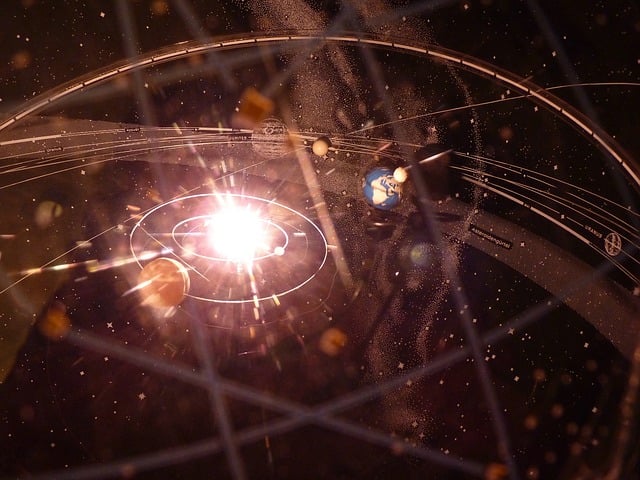PVC roofing systems offer exceptional chemical resistance and low maintenance, making them ideal for industrial and commercial settings. Their unique composition and construction ensure durability and strength, protecting against solvents, acids, and alkalis. These systems require minimal upkeep, reducing costs and downtime, and are suitable for various applications, from warehouses to laboratories. With their versatility and longevity, PVC roofing is a preferred choice for sustainable and efficient commercial solutions.
“Discover the versatile world of PVC roofing systems, renowned for their exceptional chemical resistance and minimal maintenance requirements. This comprehensive guide explores the fundamentals of PVC membrane systems, highlighting their unique benefits in various applications. From enhancing structural integrity to offering long-lasting protection, these systems have revolutionized roofing solutions. Learn about their installation, maintenance, and diverse uses in residential, commercial, and industrial settings, making them a popular choice for modern architecture.”
- Understanding PVC Membrane Systems
- Chemical Resistance: A Key Feature
- Low Maintenance Benefits Explained
- Applications in Roofing Solutions
- Choosing the Right PVC Membrane
- Installation and Longevity Considerations
Understanding PVC Membrane Systems
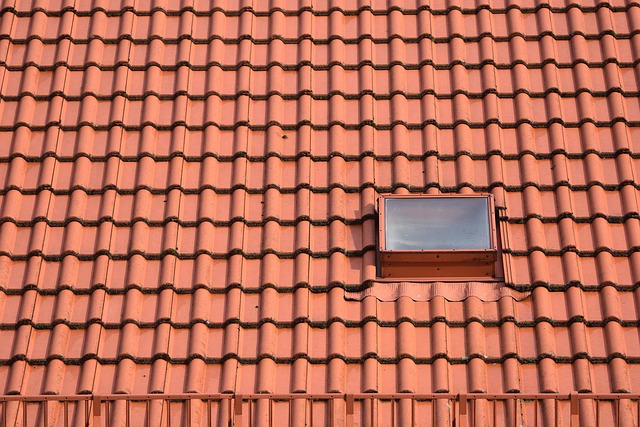
PVC membrane systems have gained popularity for their exceptional chemical resistance and low-maintenance properties, making them a preferred choice for various applications, including PVC roofing systems. These systems are designed to offer long-lasting protection and durability, especially in harsh environments where traditional roofing materials might fail. The PVC flat roof is known for its versatility and ability to withstand exposure to chemicals, oils, and other substances commonly found in industrial settings.
The chemical resistant roofing solution provided by PVC roof membranes is achieved through their unique composition and construction. These membranes are made from high-quality PVC materials that offer superior strength and flexibility. This allows them to maintain integrity even under extreme conditions. Whether it’s protecting structures from corrosive chemicals or providing insulation against intense UV radiation, PVC roof membranes are an excellent choice for long-term reliability.
Chemical Resistance: A Key Feature
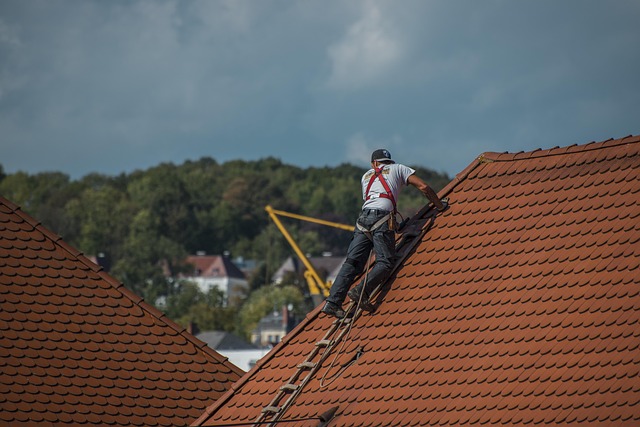
Chemical resistance is a defining feature of PVC roofing systems, making them an excellent choice for industrial and commercial applications. The chemical-resistant properties of PVC membranes are derived from their unique material composition. This robust synthetic polymer is designed to withstand exposure to a wide range of chemicals, including solvents, acids, and alkalis, which are commonly found in various industrial settings.
PVC roof membranes offer superior durability and performance compared to many other roofing materials. Their chemical resistance ensures that the roof remains intact and functional even in harsh environments, reducing the need for frequent repairs or replacements. This low-maintenance aspect is particularly beneficial for businesses aiming to minimize downtime and maintenance costs, making PVC flat roofs a practical and cost-effective solution for chemical-resistant roofing.
Low Maintenance Benefits Explained
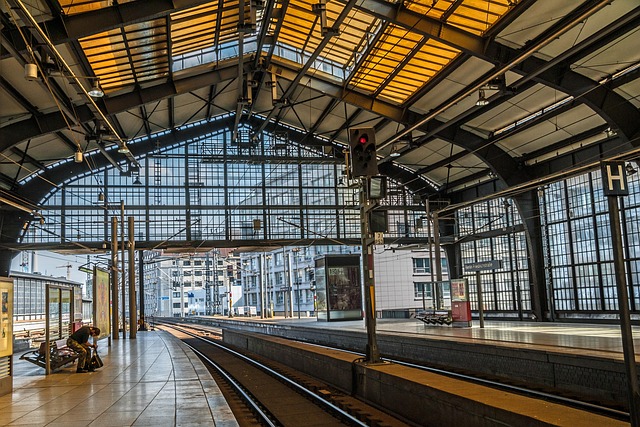
The low maintenance nature of PVC roofing systems is a significant advantage for property owners and facility managers alike. These systems offer durability and long-lasting performance while requiring minimal upkeep compared to traditional roofing materials. This benefit translates into cost savings over time, as there’s no need for frequent repairs or replacements due to wear and tear.
PVC roof membranes, known for their chemical resistance, stand up well against harsh environmental conditions and corrosive substances. This feature is especially valuable in industrial settings where chemical spills or exposure to aggressive chemicals might occur. Moreover, PVC flat roofs are designed to withstand heavy loads and offer excellent insulation properties, contributing to energy-efficient buildings and reduced maintenance costs related to temperature regulation.
Applications in Roofing Solutions

PVC roofing systems have found their niche in various applications, particularly where chemical resistance and low-maintenance properties are essential. One such area is roofing solutions for industrial and commercial buildings. The robust PVC flat roof offers a reliable and durable alternative to traditional materials. It can withstand extreme weather conditions and provides an excellent barrier against water penetration, ensuring the integrity of the structure below.
The chemical resistant roofing membranes made from PVC are ideal for facilities handling corrosive substances or exposed to harsh chemicals. This includes warehouses, laboratories, and plants where regular maintenance of roofs is challenging. The low-maintenance nature of PVC roofs means less downtime for repairs and replacements, contributing to overall cost savings. As a result, these systems foster a safe and efficient working environment while promoting sustainable practices in the roofing industry.
Choosing the Right PVC Membrane
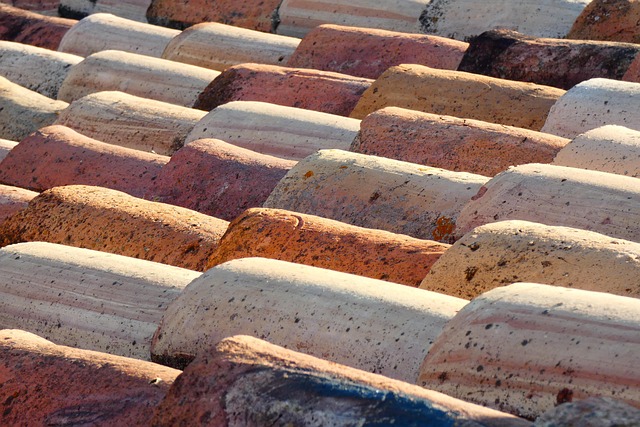
When selecting a PVC membrane for your roofing system, it’s crucial to consider its specific properties and suitability for your project requirements. PVC roofing systems are renowned for their durability and low maintenance needs, making them an attractive option for various applications. Look for membranes that offer superior chemical resistance, as this is a key advantage, especially in industrial or outdoor settings where exposure to aggressive substances is possible.
The right choice will depend on factors such as the roof’s design, climate conditions, expected lifespan, and budget. For instance, a PVC flat roof membrane designed for residential properties might differ from one used in commercial buildings or outdoor structures. Incorporating a chemical-resistant roofing solution ensures longevity and prevents damage caused by acidic or corrosive materials, common in certain industrial environments.
Installation and Longevity Considerations

The installation process for PVC roofing systems is relatively straightforward, making them a popular choice for both residential and commercial properties. These systems are designed to be easily assembled and often come with comprehensive manufacturer guidelines to ensure proper installation. When installing a PVC flat roof or membrane, it’s crucial to maintain precise measurements and follow the recommended sealing techniques to guarantee a secure fit. Proper installation not only ensures structural integrity but also plays a significant role in determining the longevity of the roofing system.
PVC roofs are renowned for their exceptional chemical resistance, making them ideal for environments where harsh chemicals might be present. This durability translates into extended lifespan, often outperforming traditional roofing materials. The low-maintenance nature of PVC further enhances its appeal, as it requires minimal upkeep to maintain its integrity. With proper care and regular inspections, a well-installed PVC roof membrane can withstand the test of time, providing years of reliable protection against the elements.
